Impact of Beneficial Ownership Transparency on Real Estate Crimes
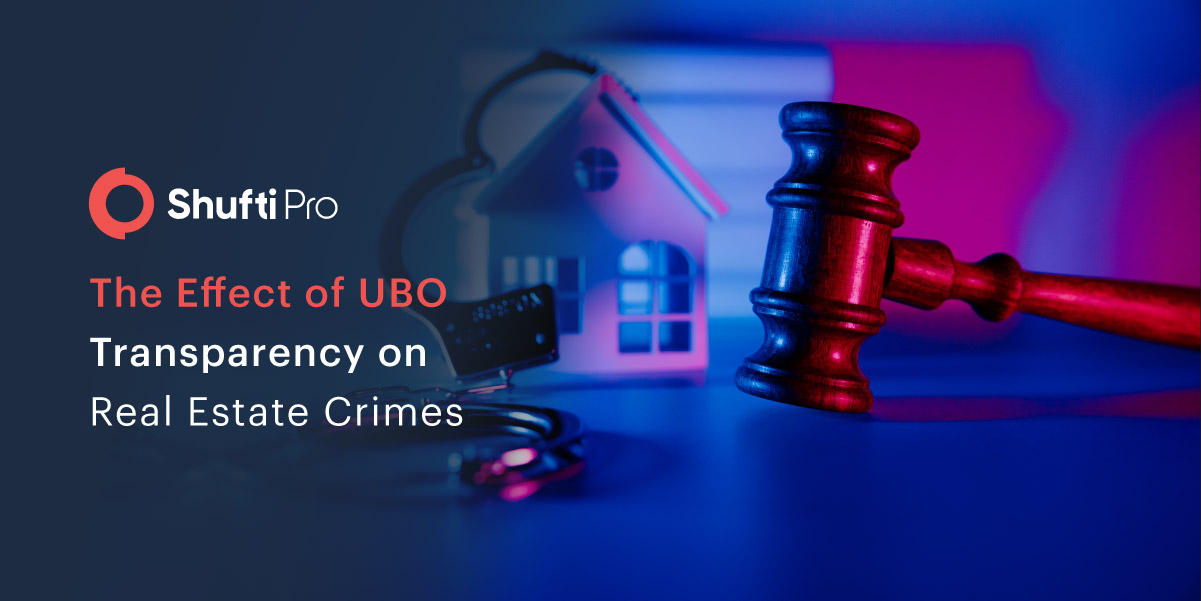
The high price tags of real estate in the US open doors for corrupt politicians, kleptocrats, and financial criminals to spend their black money in big amounts to obscure its origins. Based on a World Bank study, the US real estate sector faced more corruption and money laundering cases than any other country with losses of up to $56 billion.
One of the reasons for this is the attraction to invest in luxurious US real estate and benefitting from the strong economy of the world’s superpower. Despite US authorities and banks enforcing Anti-money laundering (AML) regulations, there are inadequate checks for beneficial ownership.
What Makes Real Estate Vulnerable to Fraud
Until last year, establishing shell companies did not require the submission of beneficial ownership information. This meant that fraudulent entities could easily utilize anonymity to create illicit financial flows that bypassed legitimate financial processes. According to a Global Financial Integrity report from 2019, some states in America required less information for verification than is required while registering for a library card. Based on a survey by the Financial Action Task Force (FATF), the global financial watchdog that sets the standards for AML policies, real estate accounts for approximately 30% of the criminal assets confiscated in more than 20 countries.
Journalists have identified a large number of potentially corrupt entities investing in US real estate, including owners of oil companies and criminal organizations like drug cartels, the Italian mafia, and groups involved in money laundering using Ponzi schemes and shell companies. The US real estate market is a magnet for illicit finance because of certain factors that are particular to the sector. These include high values and the ‘one and done’ method where the entire amount is paid at once, either for storing and steadily appreciating an asset or to resell it. Criminals that invest their proceeds of crime in real estate ultimately find a way to obtain clean money in return. Since non-financial organizations are involved, there is comparatively less transparency when it comes to verifying beneficial ownership information. The brokers and lawyers involved in real estate deals are not obliged to follow AML regulations and therefore do not require beneficial ownership information from the buyers or sellers.
That being said, even though real estate businesses are not obliged by law to implement customer due diligence checks on their customers, the financial institutions through which the transactions are made do have to follow AML regulations. As a result, illicit transactions for the purchase of real estate can be tracked if they involve banks or other financial institutions. As per the Bank Secrecy Act (BSA), financial institutions are required to monitor the transactions of their customers and report suspicious activities to the FinCEN as part of Suspicious Activity Reports (SARs). This allows increased scrutiny of real estate dealers and buyers.
The Importance of Beneficial Ownership Transparency
Most criminal activities like money laundering, tax evasion, corruption, terrorist financing involve anonymity that is provided by certain sectors like real estate to steer clear of law enforcement authorities. For instance, the majority of corruption cases that are overseen by the World Bank’s subsidiaries and the United Nations Office on Drugs (UNODC) involve shell companies. Corrupt assets are channeled through the real estate sector and billions of dollars are transferred through complicated money trails and a chain of shell companies. One thing that all of these illicit methods of moving money have in common is the reason why they are created – to hide the identities of the real beneficial owners.

Various world governments constantly make efforts to identify shell companies that are used to carry out illicit crimes like money laundering. As it turns out, ensuring transparency in business transactions is not enough. Businesses must also oblige all entities to publicly disclose beneficial ownership information. Buyers of real estate must be required to provide proof of identity along with disclosure of all entities that are ultimately benefitted by the property, even those that are not legal owners. Beneficial ownership transparency is the key to preventing companies from assisting criminals or the formation of new shell companies.
New Policies for UBO Transparency
During the past decade, failure to identify ultimate beneficial owners (UBOs) of real estate has led to the degradation of financial transparency. In light of the huge losses due to financial crimes in real estate, beneficial ownership transparency has become more important. In April 2021, the US FinCEN called for public comments on the implementation of the beneficial ownership information reporting provisions of the U.S. Corporate Transparency Act (CTA).
The Corporate Transparency Act obliges certain newly established and existing entities to identify and share detailed information about their beneficial owners to FinCEN. However, the United States is not alone in the efforts to improve beneficial ownership transparency. In 2016, the “Panama Papers” highlighted widespread wealth concealment and tax avoidance, urging the European Commission to issue new regulations related to beneficial ownership transparency with the 5th EU Anti-Money Laundering Directive (AMLD5).
Apart from other measures, the European Commission advised on establishing public registers where the beneficial ownership information of companies. Businesses themselves are thereby required to submit accurate and updated information about their beneficial owners. As a result, developing economies are adopting new methods to ensure beneficial ownership transparency.
Tunisia was one of the first nations to implement such a system with a new legal framework on beneficial ownership transparency in November 2018. The system was based on a beneficial ownership registry. Similarly, in 2019 India added a definition for a “significant beneficial owner” as any entity that has at least 10% ownership of a company in its amendment of the Companies Rules to ensure transparency.
In October 2020, Kenya and Ghana introduced central beneficial ownership registries as part of efforts to comply with international transparency standards. Businesses in Kenya are obliged to keep a record of beneficial ownership information and submit it to the state Registrar of Companies.
What Shufti Offers
Real estate businesses have regulatory obligations set forth by global financial watchdogs. When it comes to the digital space, the challenges add up with cyber actors coming up with sophisticated moves and heinous motives. Shufti is a UK-based IDV provider that offers a robust AI-powered AML screening solution for real estate businesses enabling them to remain compliant with industry-specific regulations. Businesses can effortlessly identify suspicious and high-risk customers by cross-checking them against 1700+ watchlists to stay compliant with global due diligence standards.
Find out how your real estate business can comply with global regulations with our customer-centric KYC/AML solution.





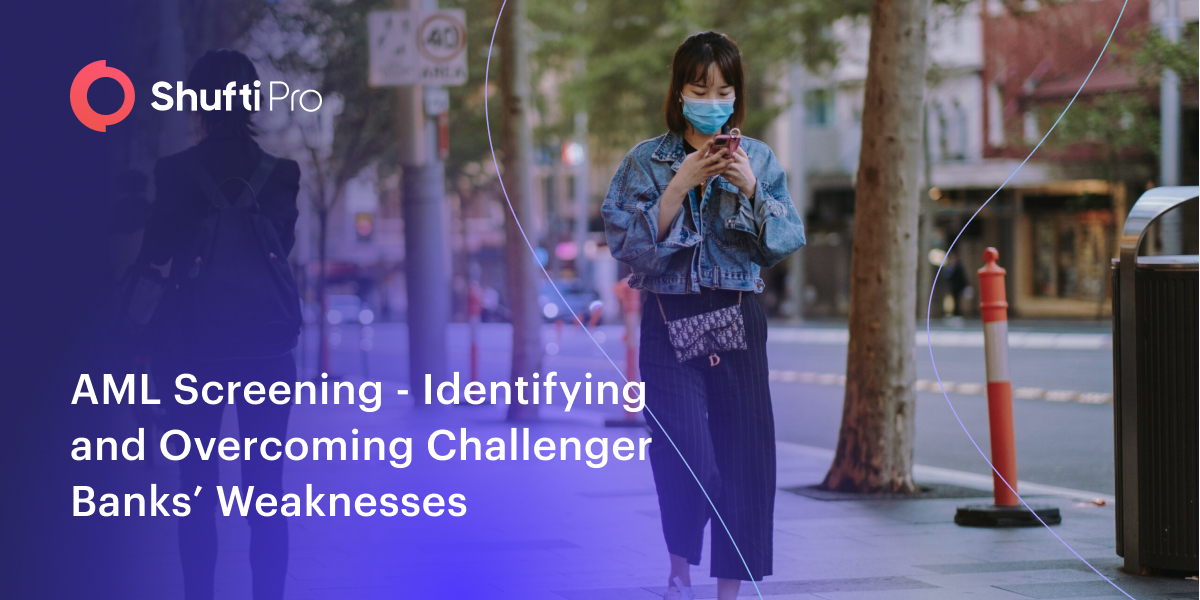
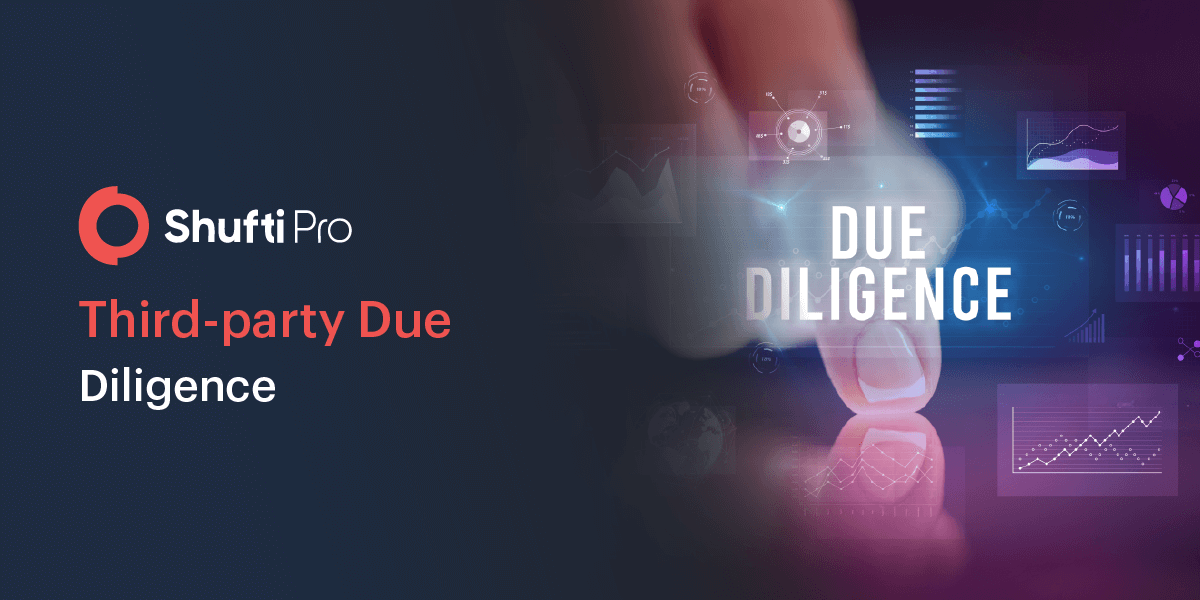

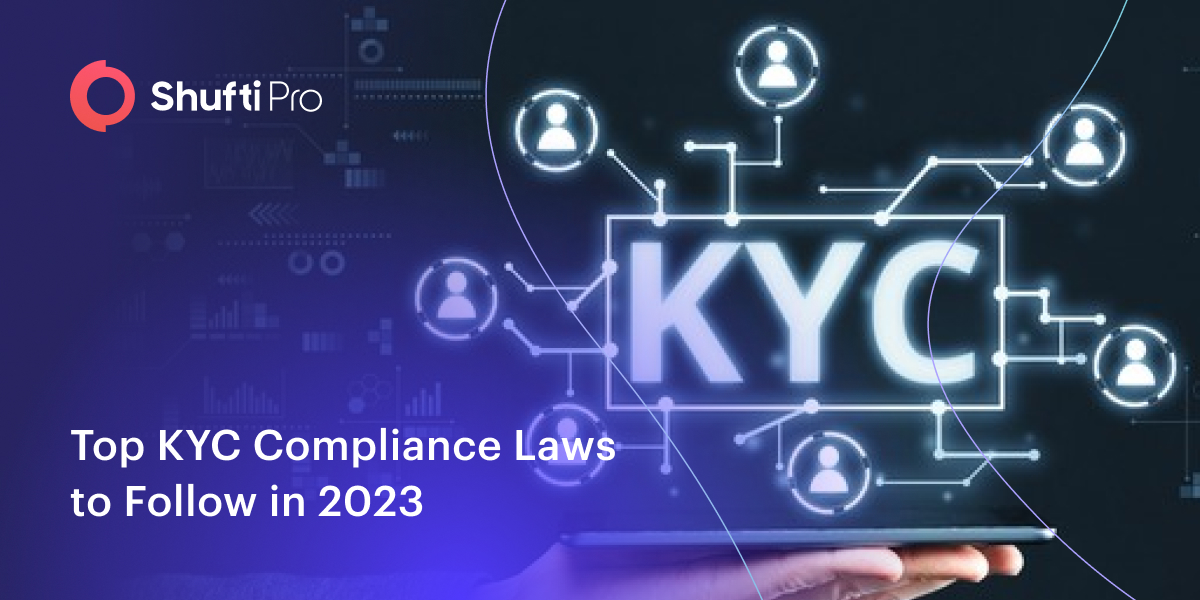

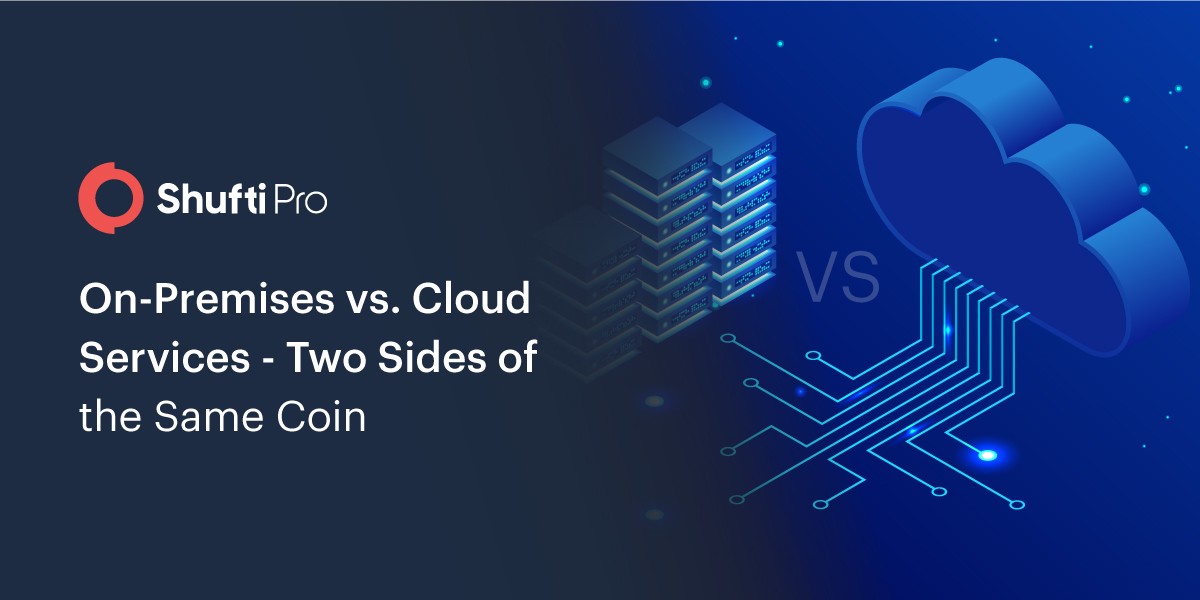
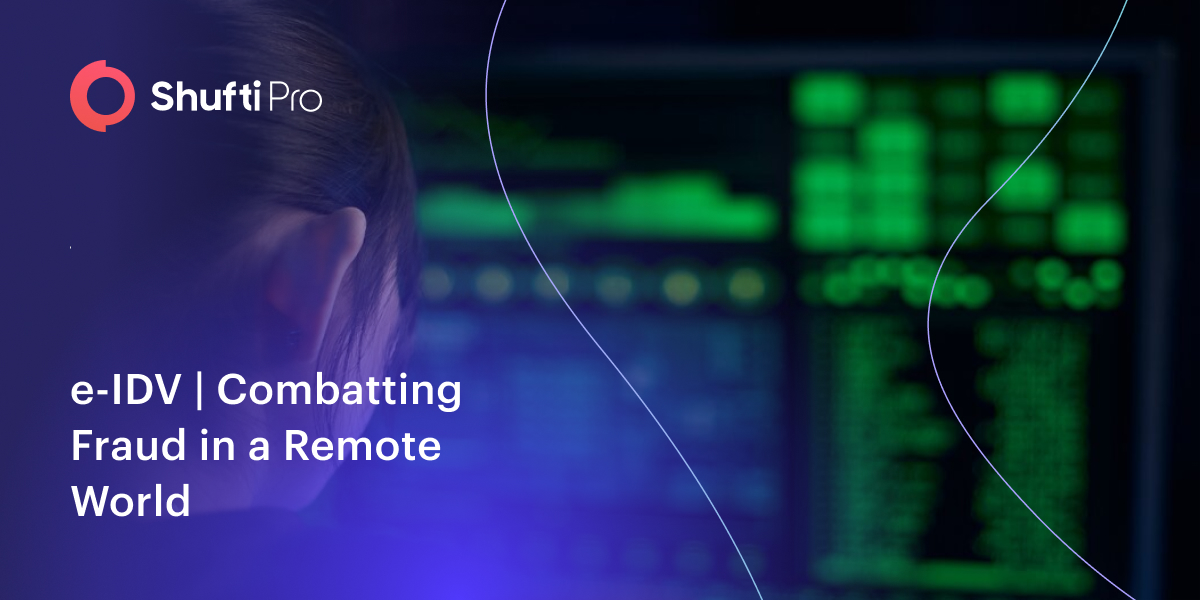


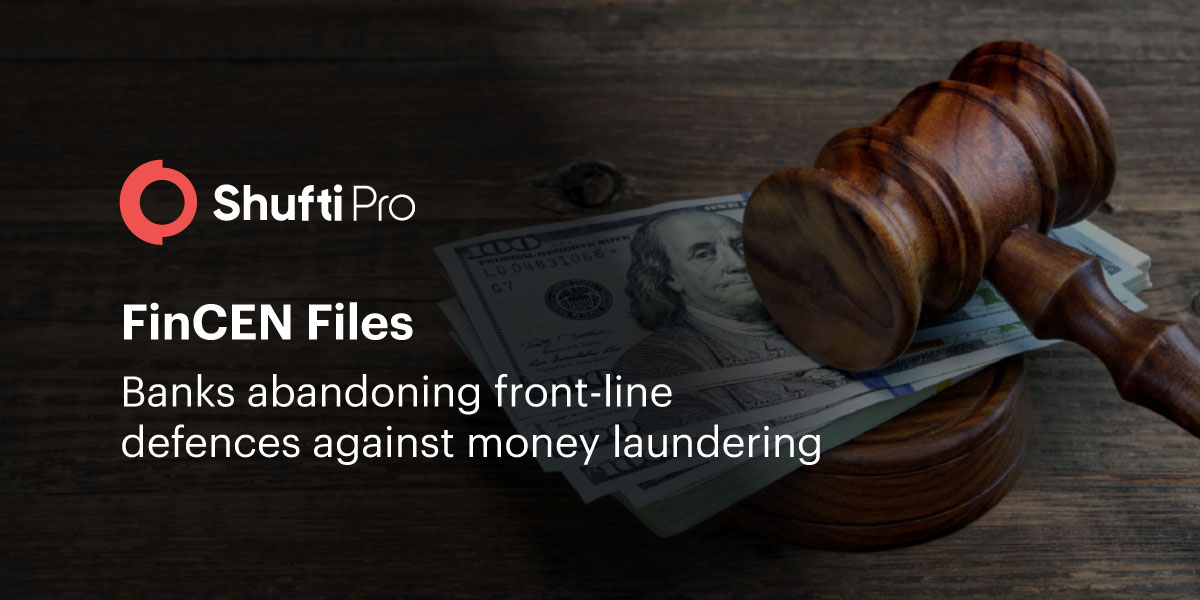

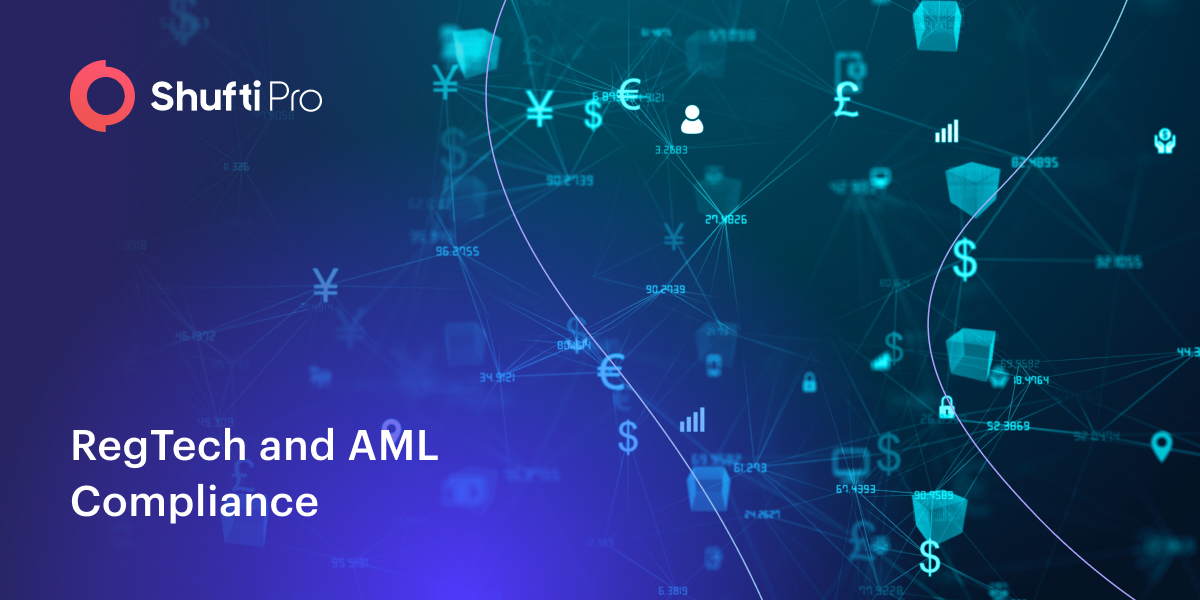
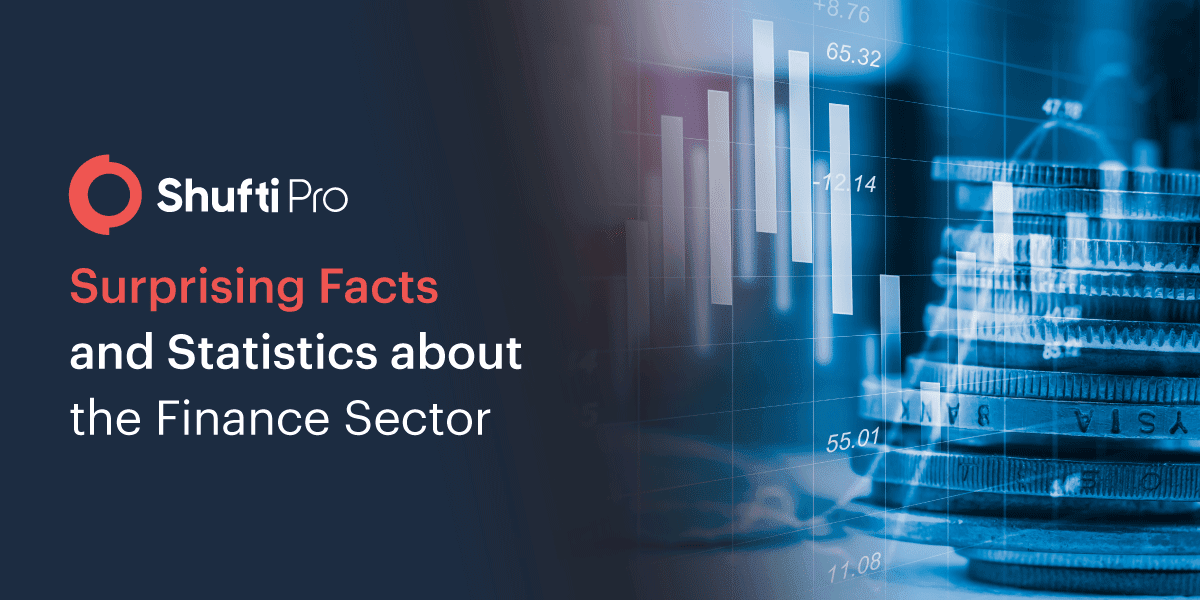

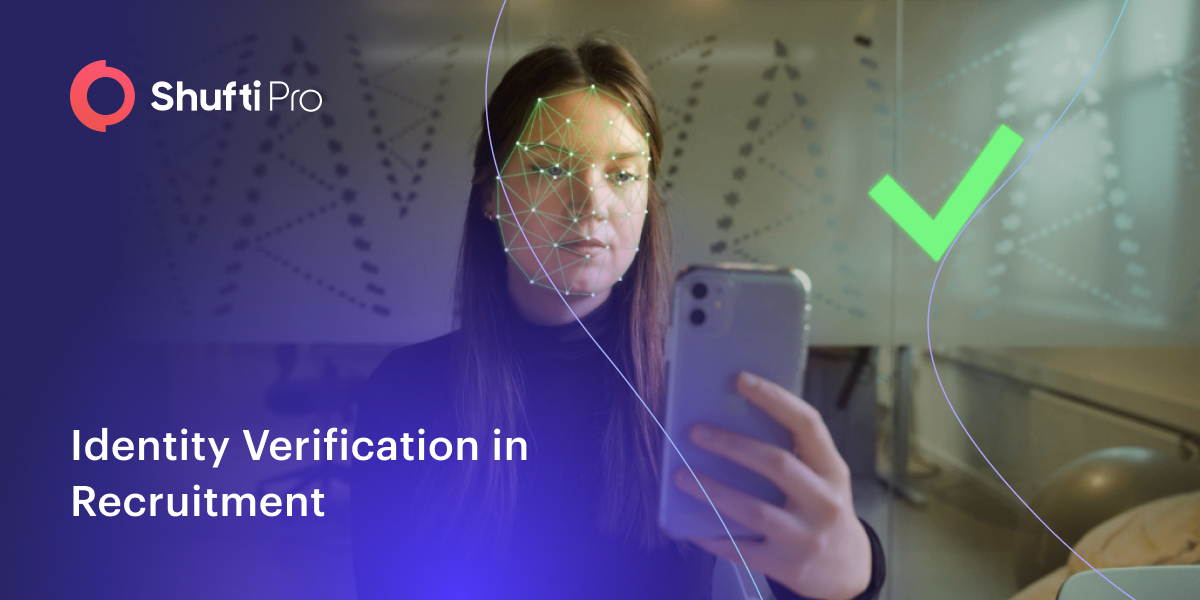
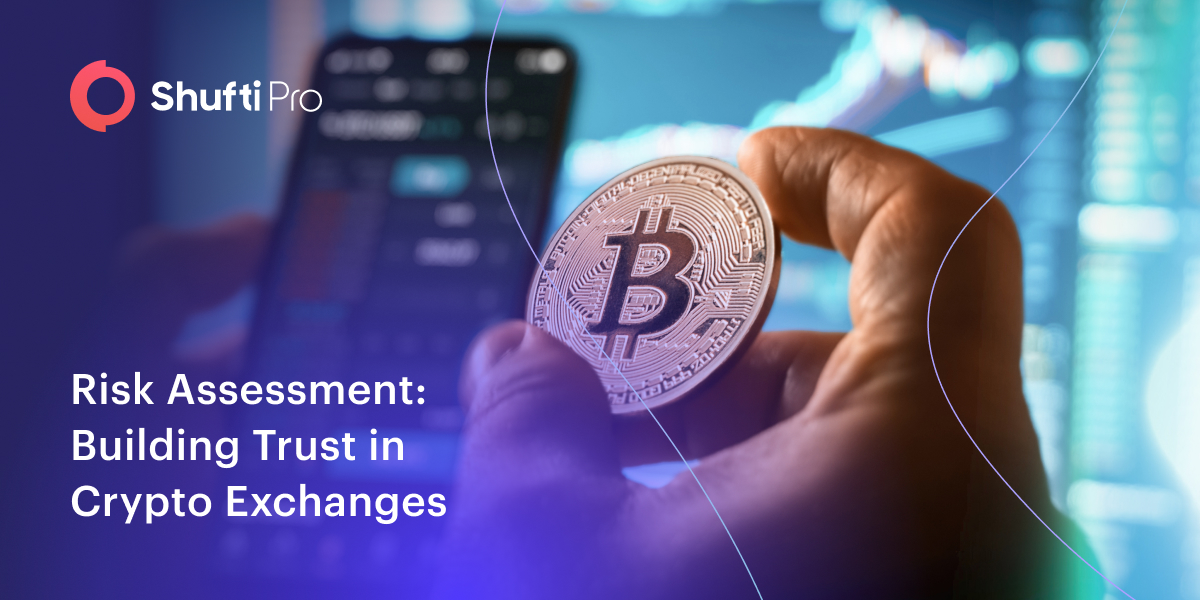
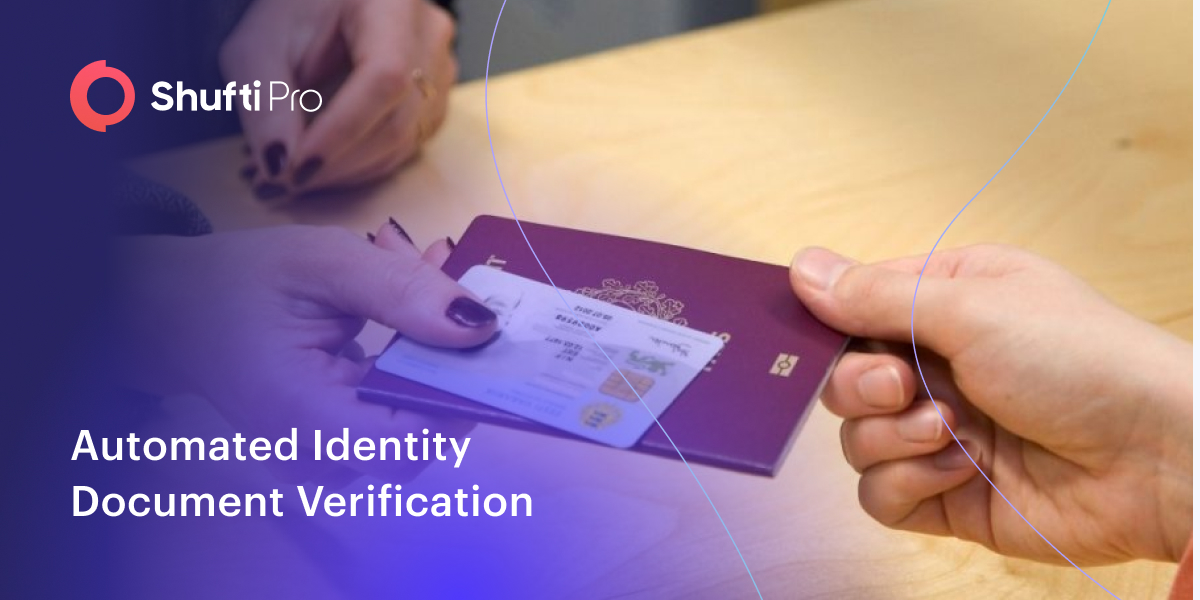

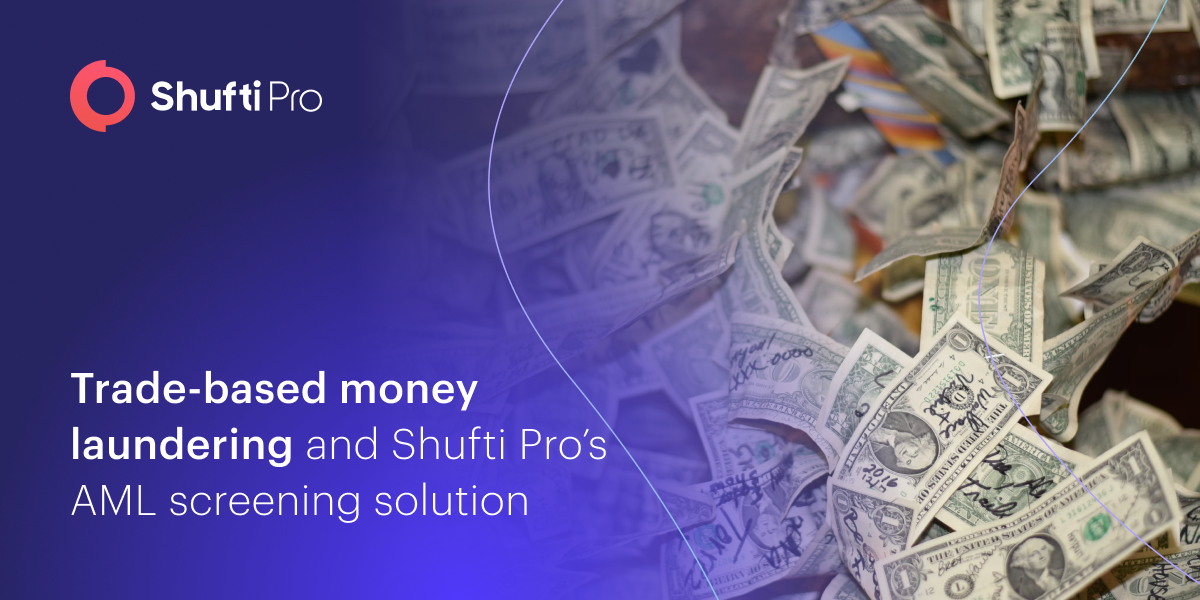

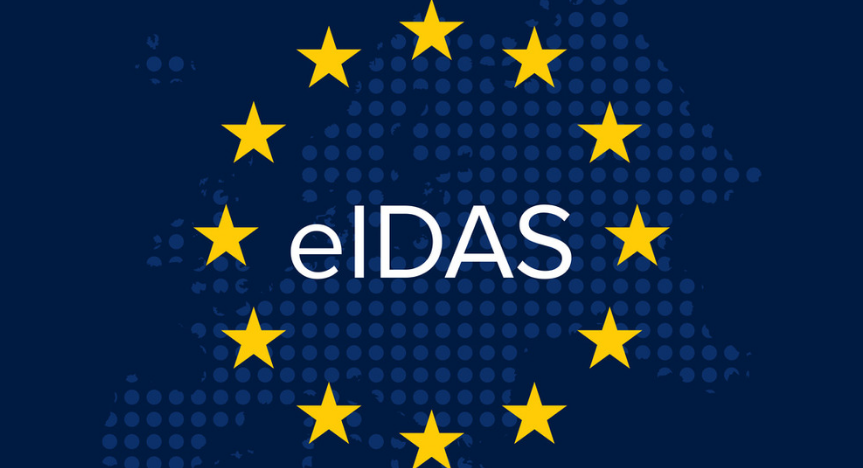
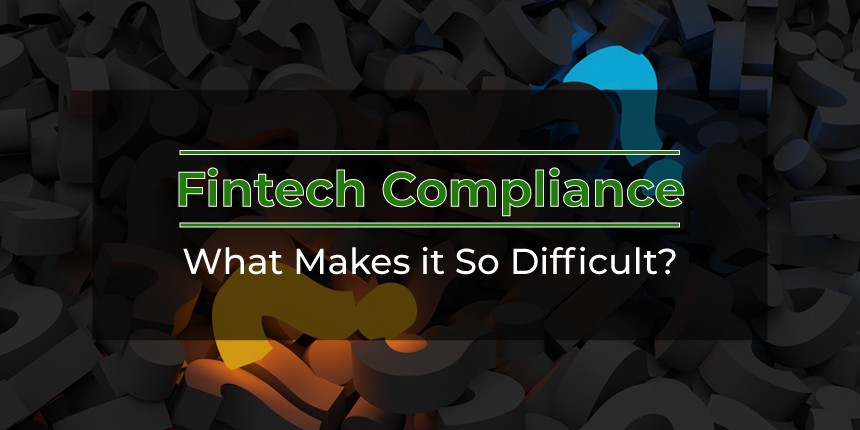



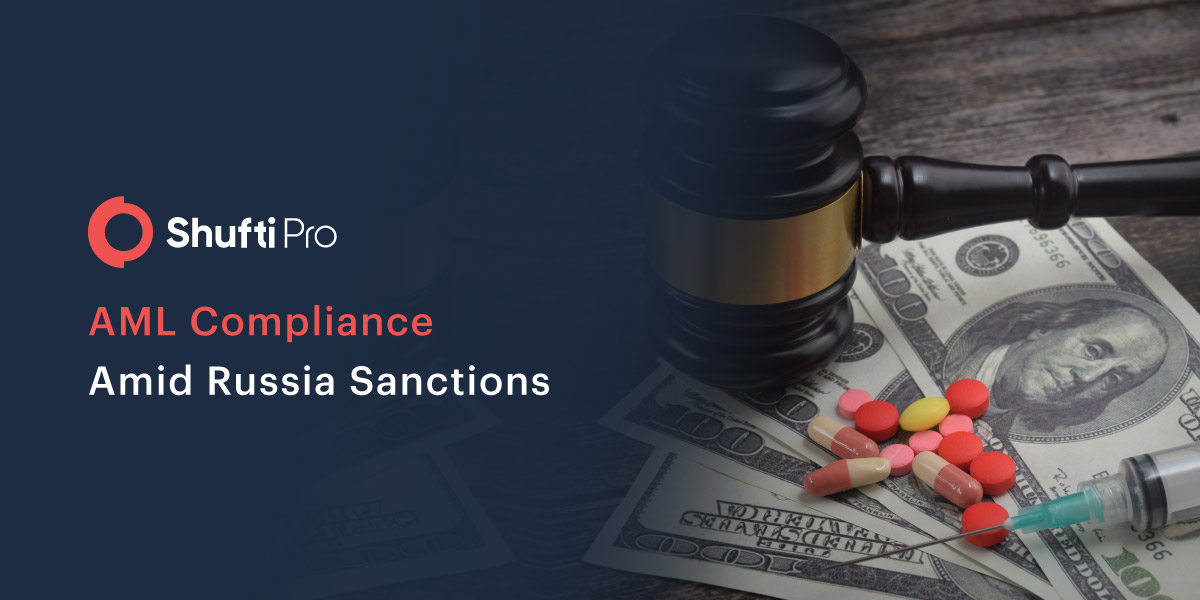

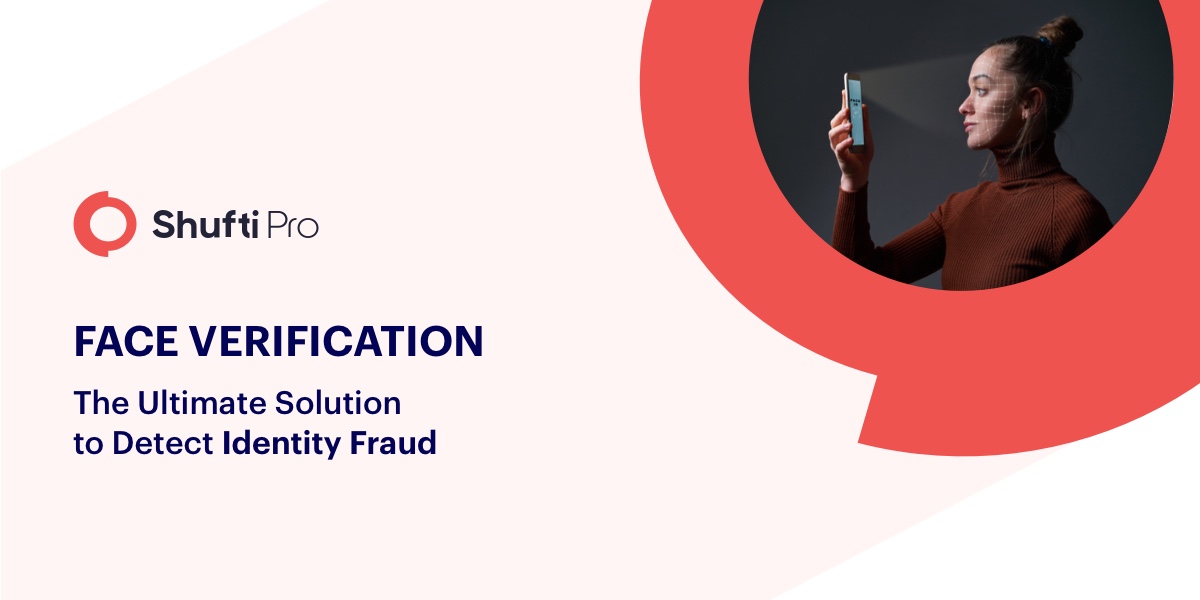

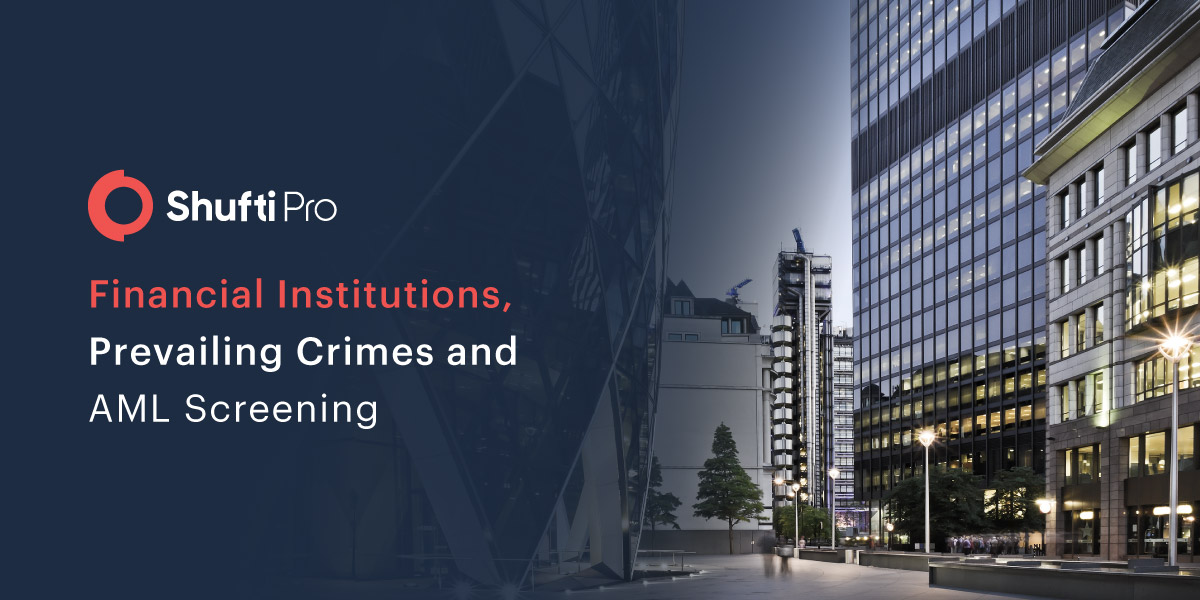


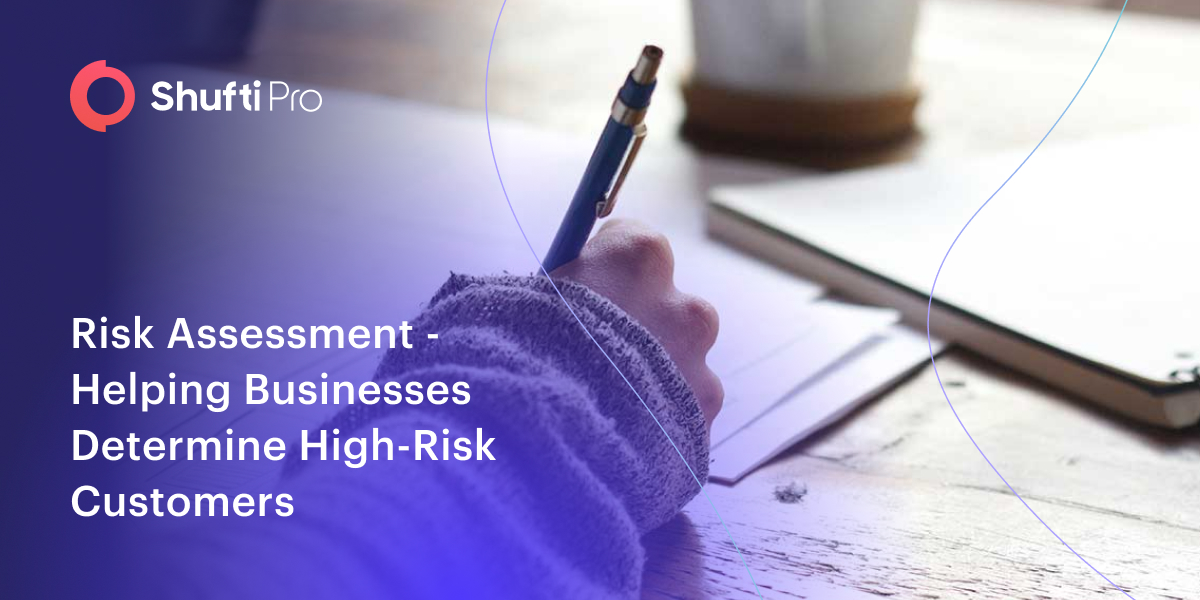

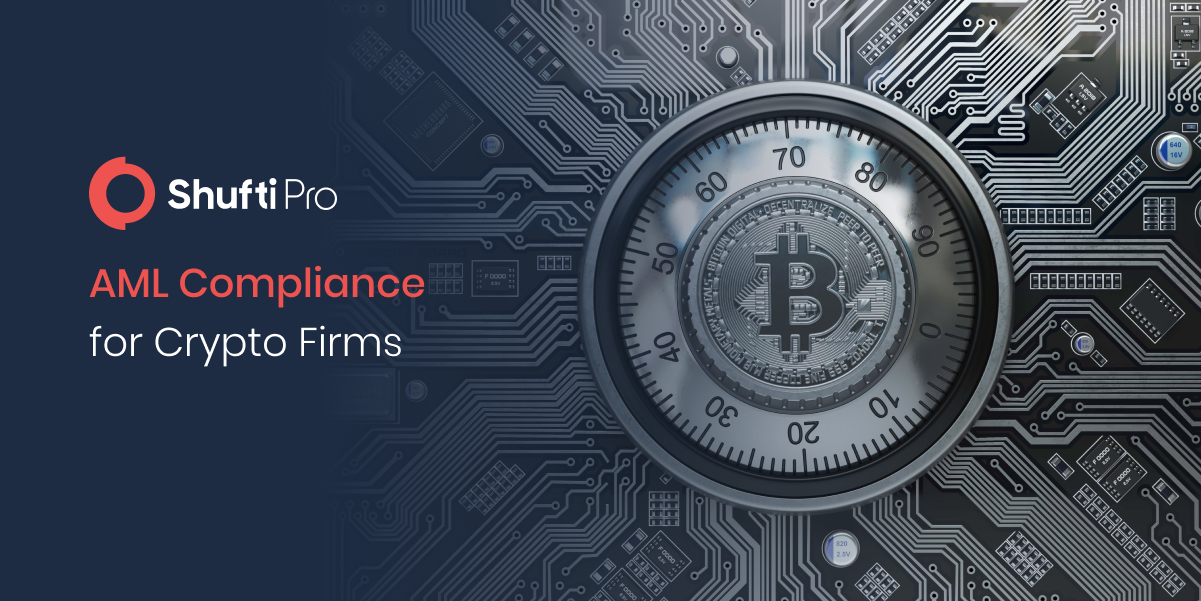

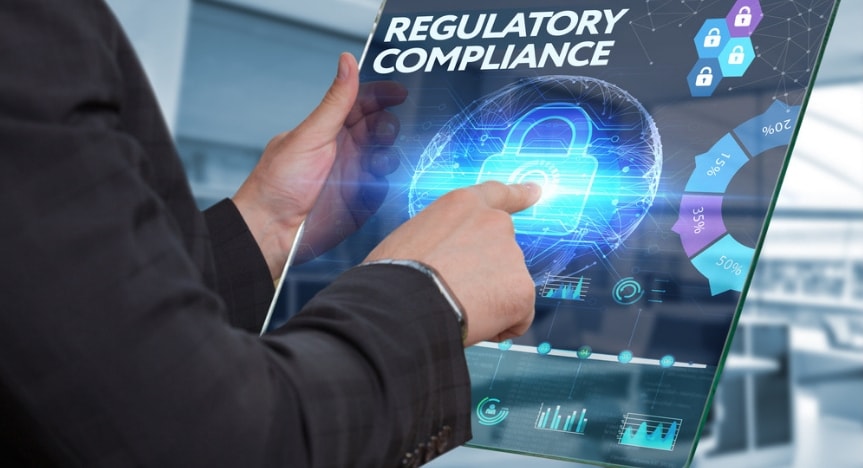

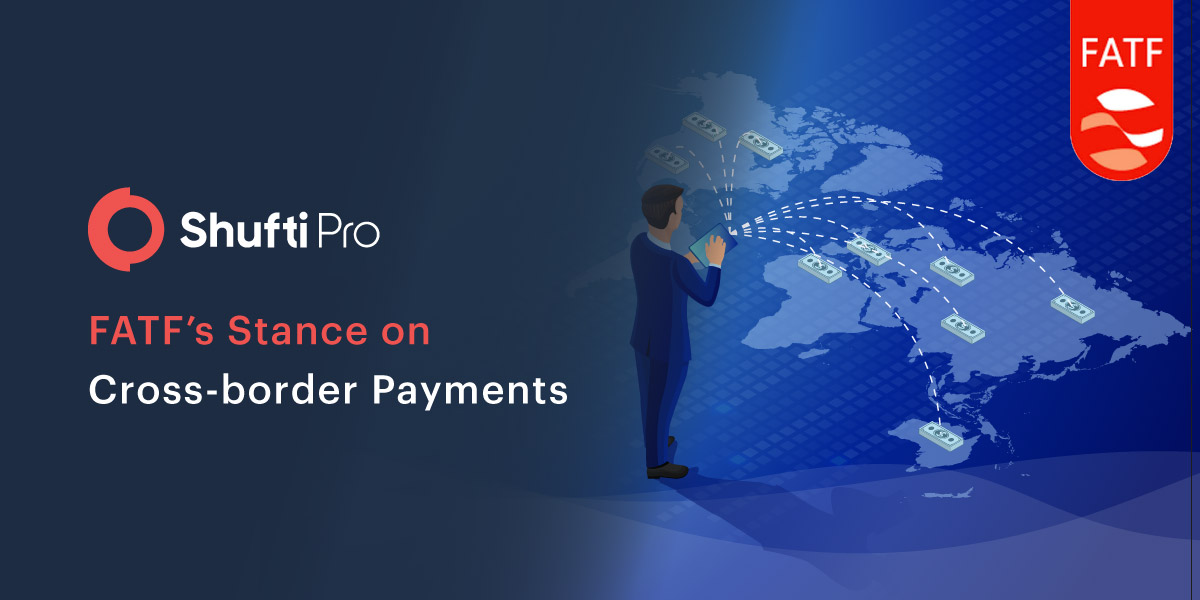
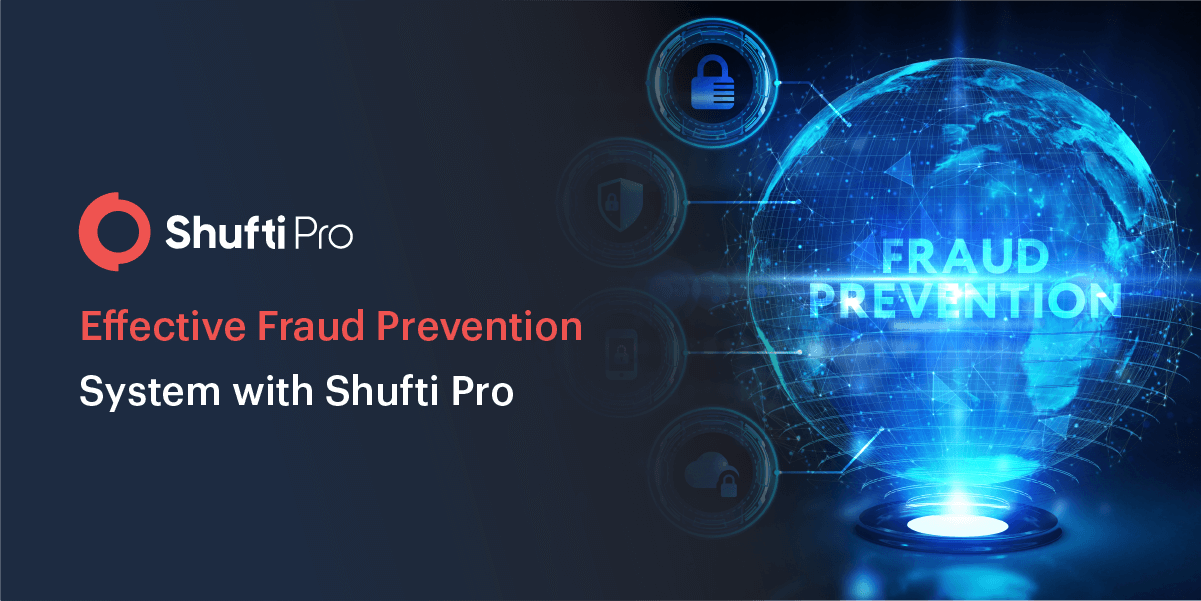



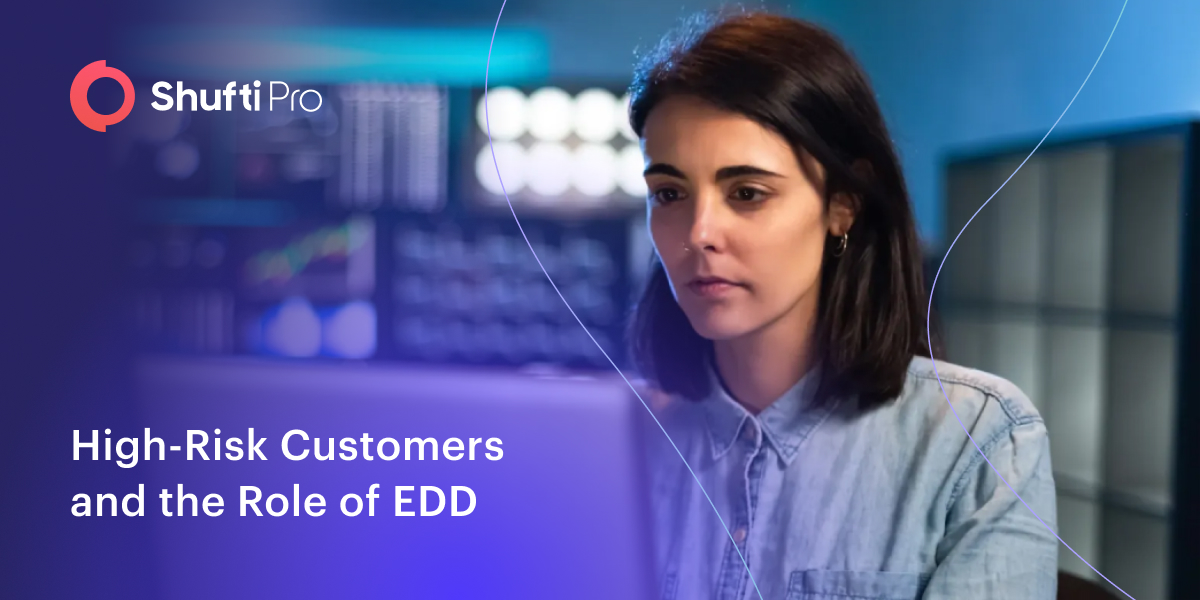
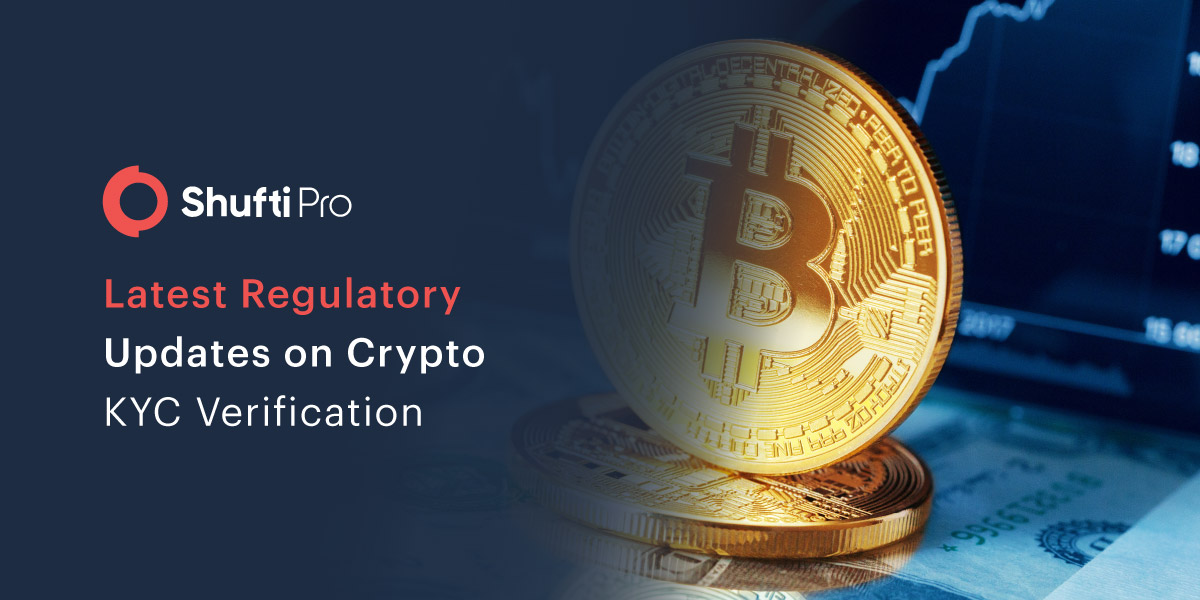



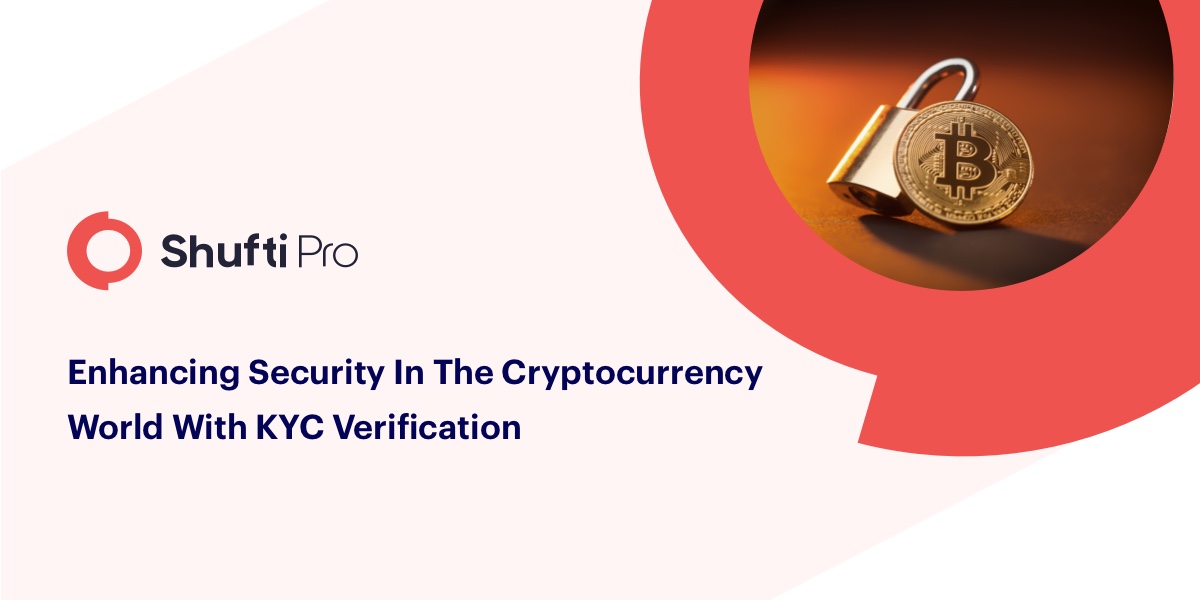
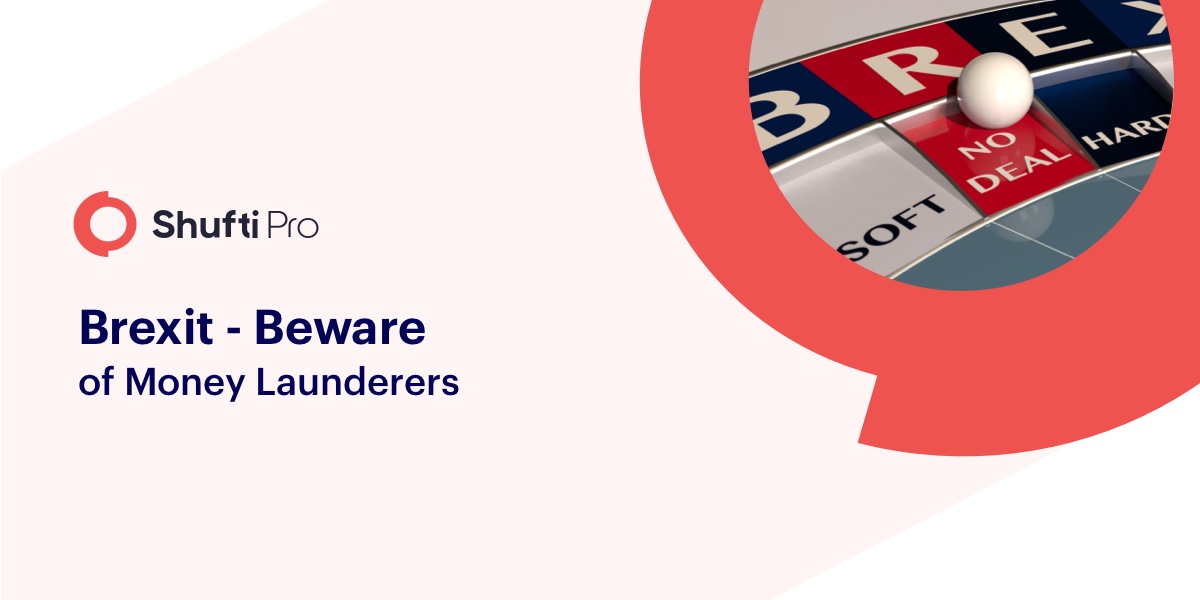
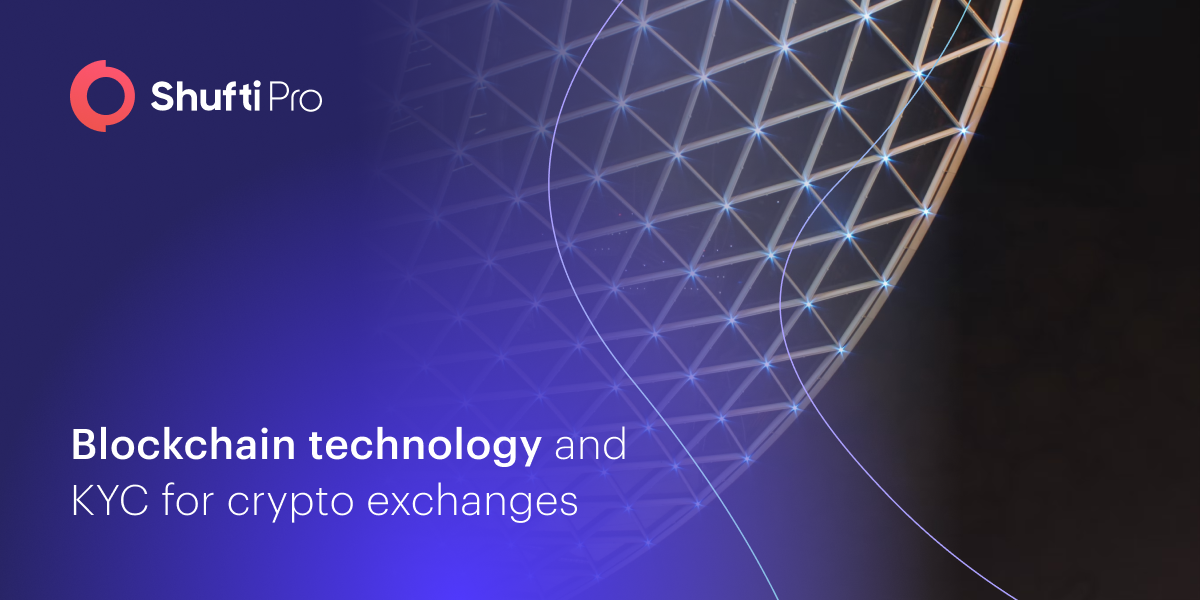
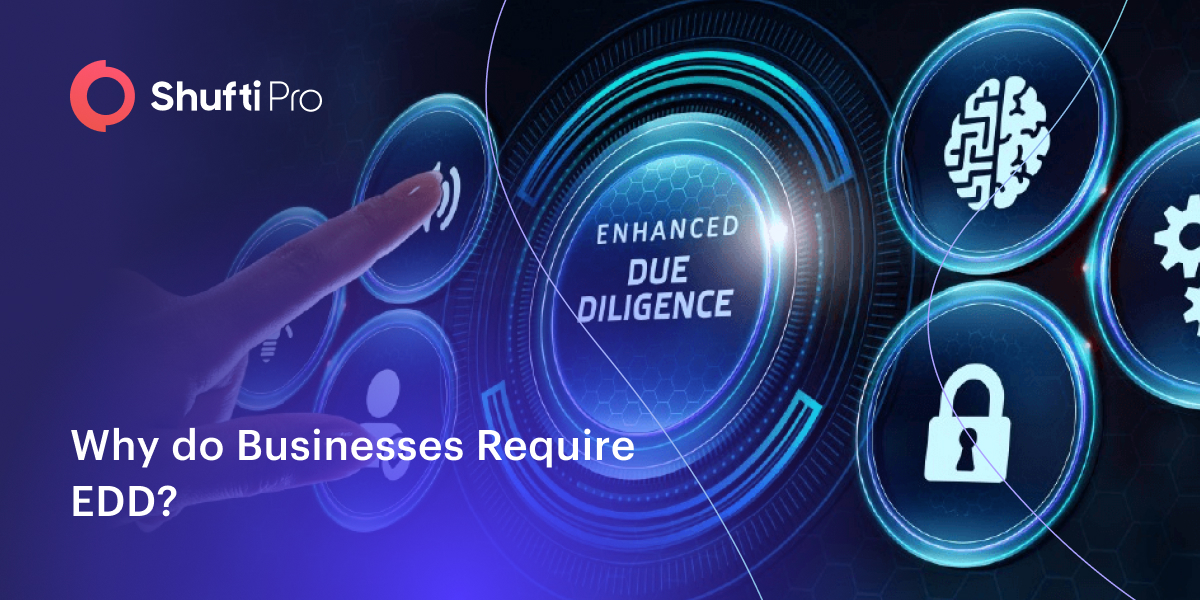
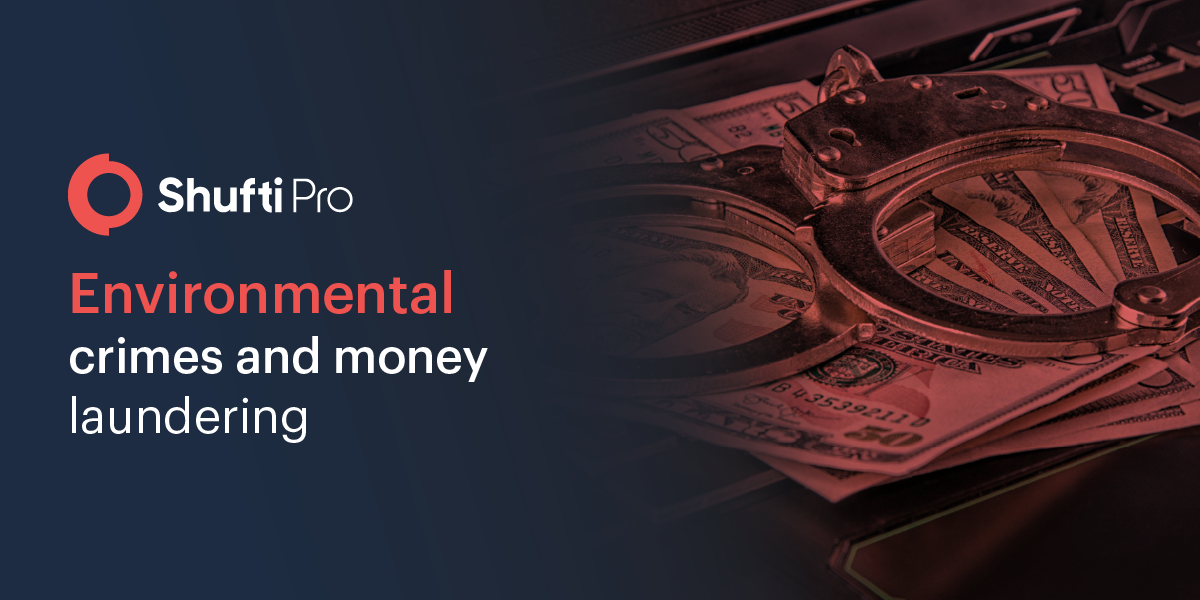


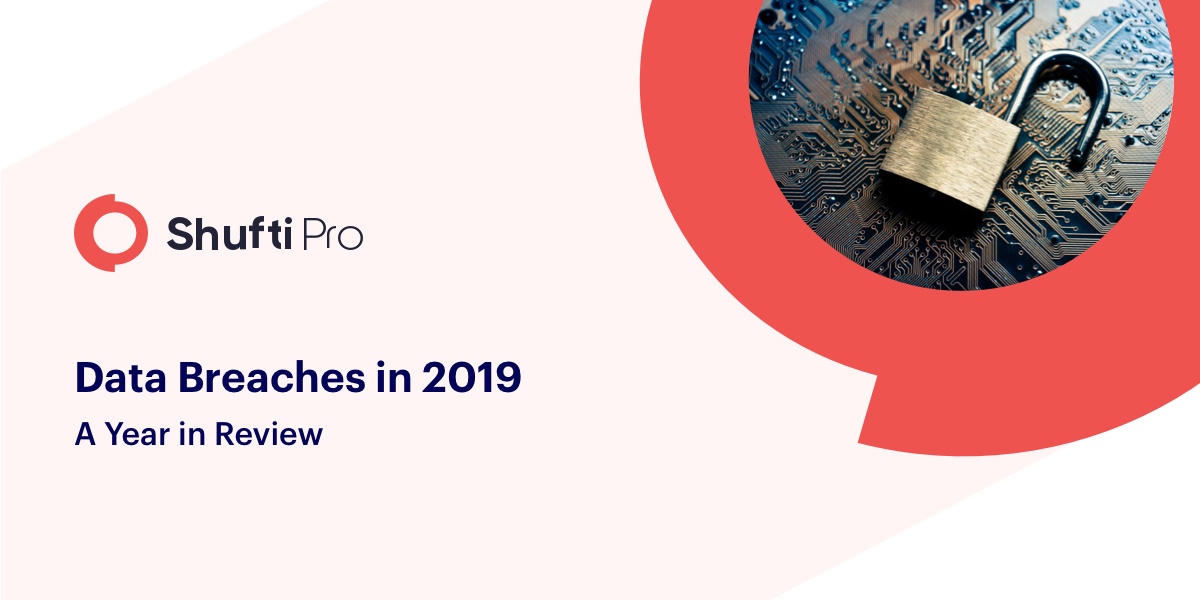


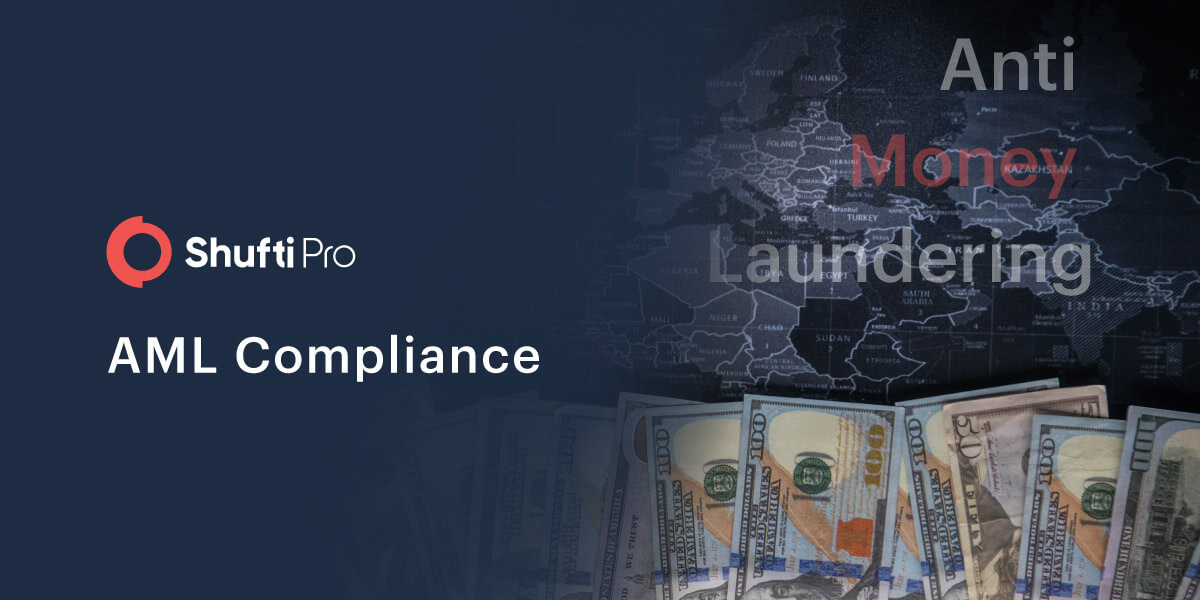


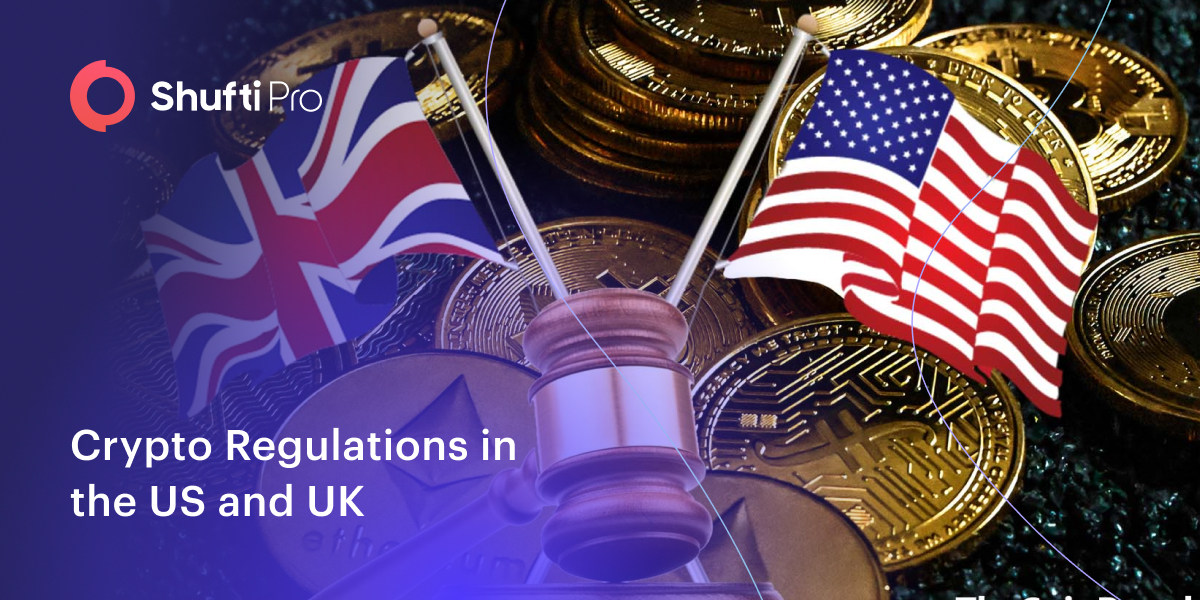




![Money laundering and UAE’s KYC/AML Regulatory Regime [2022 Update] Money laundering and UAE’s KYC/AML Regulatory Regime [2022 Update]](https://shuftipro.com/wp-content/uploads/b-img-money-2.png)
